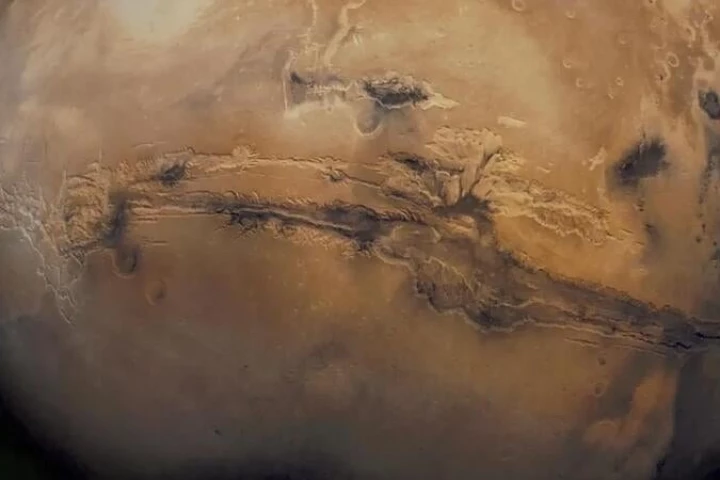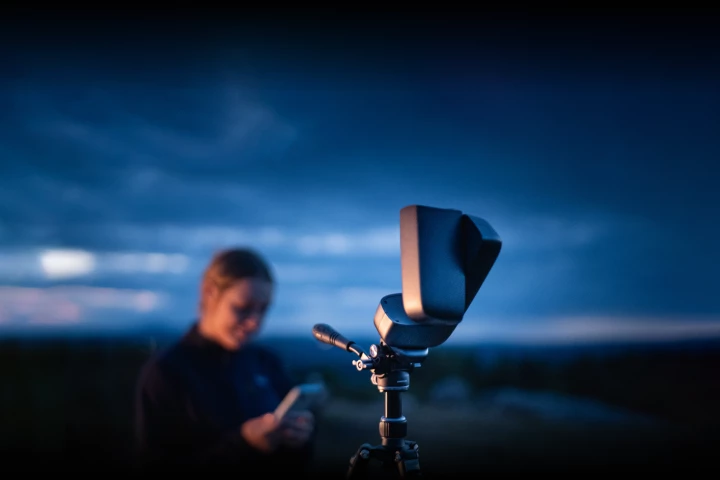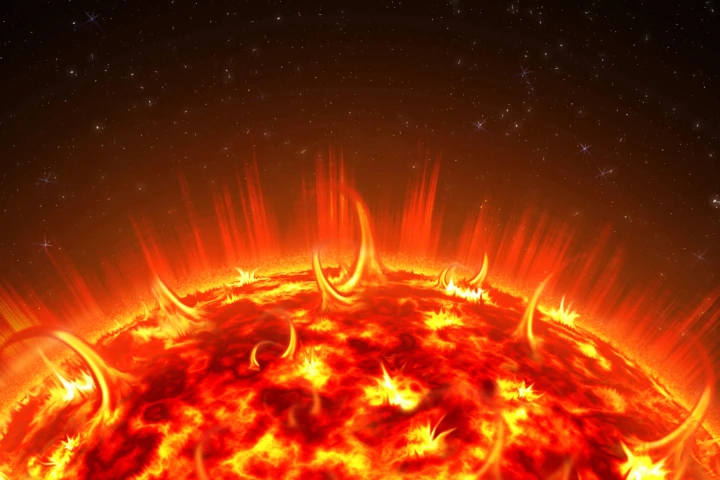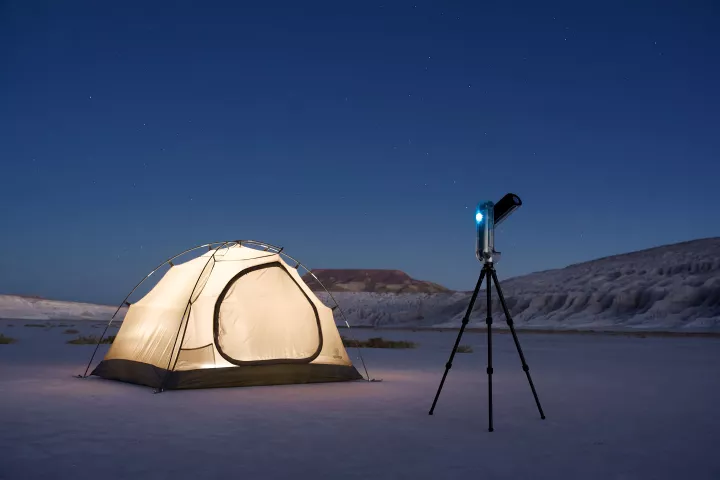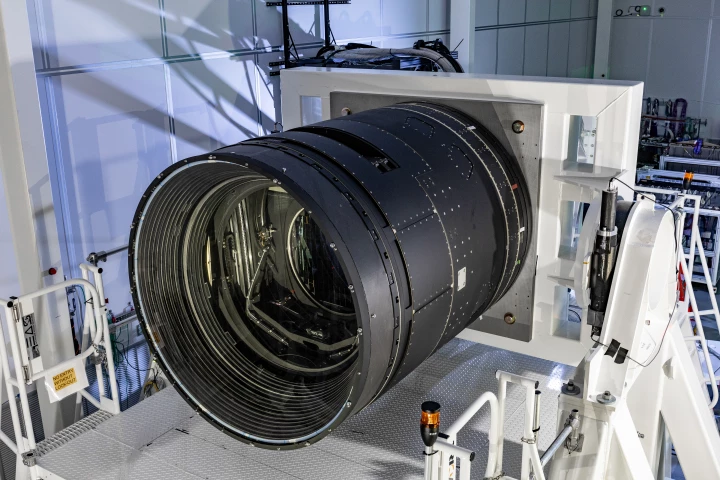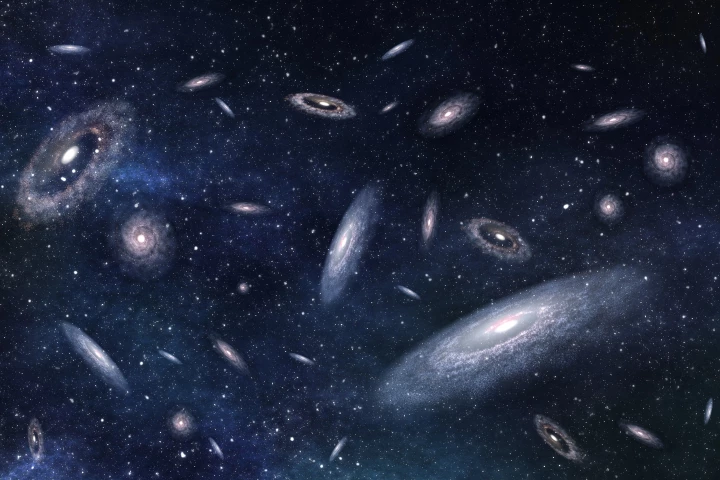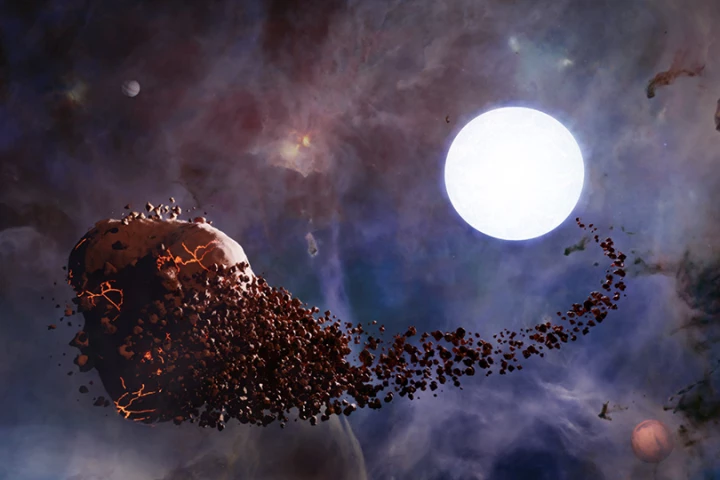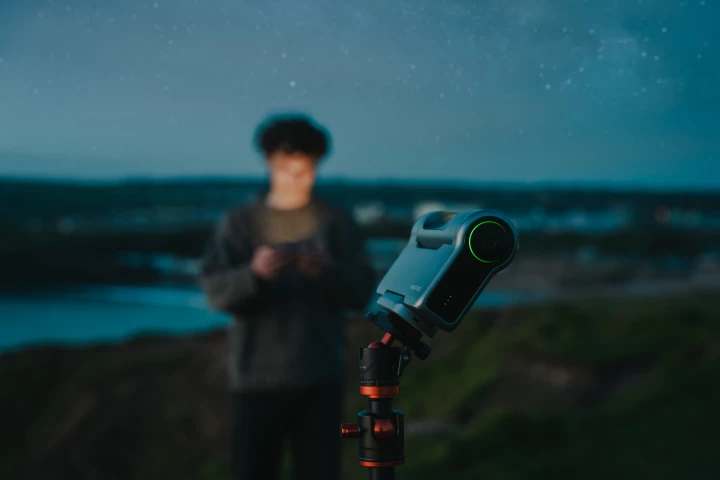Astronomy
-
The Seestar S30 Pro is pushing smart telescopes to a new level, with advanced optics and AI-guided observation. It's positioning itself to make deep-sky exploration accessible for everyone, from beginners to seasoned stargazers.
-
Why did the ice ages occur? If you need a scapegoat, a new study by Stephen Kane of UC Riverside suggests pointing the finger at Mars. According to computer models, the pull of the Red Planet may have altered the Earth's orbit until things got nippy.
-
Photographing the deep sky at night can be a complicated business. DwarfLab's book-sized smart telescopes have removed many pain points over the years, but the company has gone lightweight as well as compact and portable for its latest design.
-
Did you know it rains on the Sun? Not water, of course. It's solar rain, which occurs in the Sun's corona, the outermost layer composed of intensely hot plasma. Astronomers have finally figured out the science behind this strange phenomenon.
-
While I enjoy stargazing as much as the next person, I also love to know how things work – to get under the hood. French smart telescope pioneer Vaonis helps quench my thirst with a special edition of its flagship that puts the inner workings on view.
-
After decades of planning and building, the world's largest digital camera at the heart of the Vera C. Rubin Observatory on the summit of Cerro Pachón in Chile has snapped its first imagery – from test observations spanning a 10-hour window.
-
A new collaborative project dubbed the COSMOS-Web field has compiled the most comprehensive cosmic map ever, including images of the early universe as far back as 13.5 billion years.
-
If you've been wondering how long the day on Uranus is, you probably need to get out more. But if you have, you'll be interested to know that observations by the Hubble Space Telescope have shown that it's 28 seconds longer than previously thought.
-
Finding alien life won’t be a flying saucer landing at the White House – NASA scientists will hold a press conference to excitedly show off a chart that’s incomprehensible to most people. Now we’re a step closer to that boring but groundbreaking day.
-
Astronomers have detected mysterious X-ray signals coming from a nearby white dwarf star for more than 40 years. We may now know where they’re coming from – the death throes of a planet being torn to shreds and raining down on the star.
-
Astrophysicists have done a bit of crime scene investigation. They’ve traced radioactive elements on the seafloor back to the cosmic explosions they might have come from – and potentially linked the event to evolutionary changes in viruses in Africa.
-
After a couple of successful Kickstarters for versions of its book-sized smart telescope, DwarfLab opted to jump straight into production for the Dwarf III. We've recently been out stargazing and wildlife watching with this budget-friendly sky watcher.
Load More

